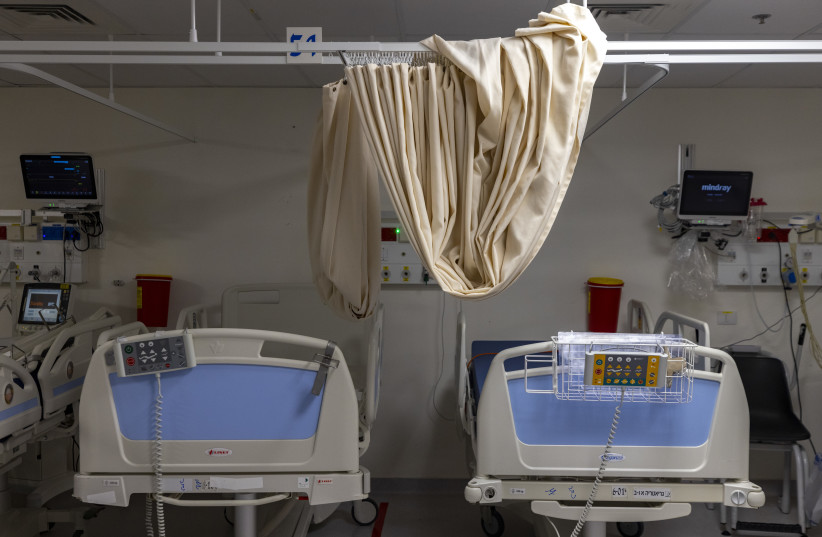Dr. Itamar Offer, President and Chairman of Sabar Health, said at the Jerusalem Post Group’s Leaders’ Summit that in the current decade, there will be an additional 300,000 Israelis aged 75 and up.
“At these ages, we know that statistically, people are not as healthy and use more medical services,” he said. ”The system is built for yesterday, and we need to work so that it is prepared for the aging of the population today – and certainly for tomorrow.”
Offer explained that this is not just a financial issue. “We need to rethink things that are seemingly obvious. Why is it natural to be hospitalized – especially when a quarter of the people in the beds don’t have to be there?”
“Does sleeping in a hospital improve their condition? Absolutely not, and the opposite is the case. We know hospitalization in old age is dangerous. Beyond the danger of infections, it starts with the fact that a quarter of people over the age of 70 develop confusion and disorientation during hospitalization, and two out of every five deteriorate from the hospitalization itself.”
According to Offer, the essence of hospitalization is round-the-clock medical responsibility. “Who said this must be provided outside the home? Most people want to be in their own beds, wearing their own clothes, with homemade food and privacy,” he explains. “It’s about a public service: Just as our community deserves funding for hospitalization, it also deserves funding for home hospitalization,” he said.

“We have a doctor and a nurse in charge of the patient, who receives transfusions and treatments like in a hospital, and the doctor and nurse visit each day. Of course, there is also round-the-clock availability, and as soon as patients call us, a Sabar Health nurse will answer,” the head of Sabar Health said.
“Treatment is suitable for patients who, until a few years ago, were hospitalized in internal medicine wards suffering from infectious diseases, for example.” Offer said. “It is intended primarily for people who would otherwise be stuck in hospitals – patients whose afflictions may not excite the staff, but who suffer greatly.”
Translated by Alan Rosenbaum.
